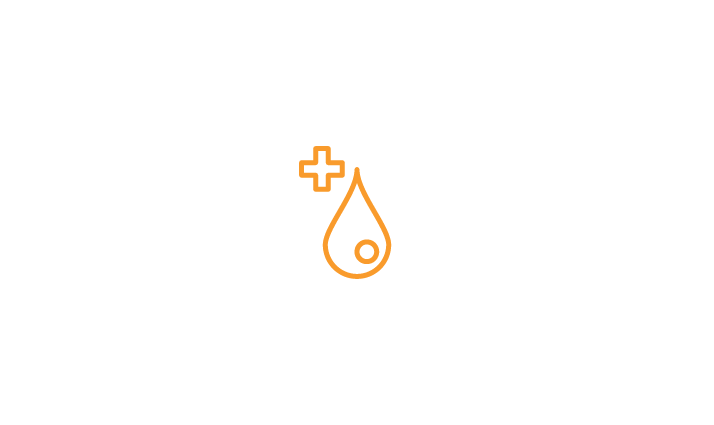The Department of Endocrinology & Diabetology tenders expert care for hormone-related conditions. These hormones are controlled by the pituitary, thyroid and other glands of the endocrine system.
Read More
The Department of Endocrinology & Diabetology tenders expert care for hormone-related conditions. These hormones are controlled by the pituitary, thyroid and other glands of the endocrine system. Hormones regulate our body cells, organs, and their functioning. The risk factors, causes and treatment of conditions related to endocrinology and diabetology are elaborated below.
Endocrinologist
Endocrinologists are experts who major in the body’s endocrine system, organs, glands and hormones. Subsequently, they are the ones who are cognizant of the functioning of every organ and gland, the manner in which they make hormones, the metabolism of the body, and the changes in the body because of the adjustment of the chemical hormones. However, an endocrinologist’s opinion is necessary for effective insulin therapy or in the case of newly diagnosed diabetics.
Diabetologist
Diabetologists are specialists who help in diagnosing, managing, and treating diabetes.
Other related endocrine disorders include
Diabetes is commonly prevailed among people these days and there a few types of diabetes which include
The symptoms of endocrine disorders can range from mild or even nonexistent to serious and affect the entire body and overall feeling of well-being. Specific symptoms depend on the specific part of the endocrine system affected. Endocrine disorders are usually diagnosed after matching the signs and symptoms with blood tests that include hormone levels.
Diabetes is one of the most common endocrine related conditions. Diabetes is an ailment that occurs either when the pancreas does not produce enough insulin (a hormone that regulates blood sugar) or when the body cannot effectively use insulin.
Type 1 Diabetes
Type 2 Diabetes
Gestational Diabetes
Treatment for Diabetes
When someone is diabetic, their doctor may ask them to visit an Endocrinologist to gain proper information on the Insulin role for their body. With this understanding Insulin therapy and medicines can be precisely prescribed for effective diabetes management.

